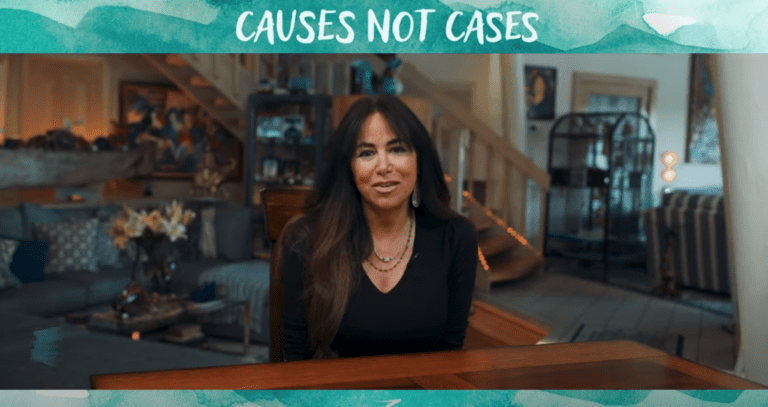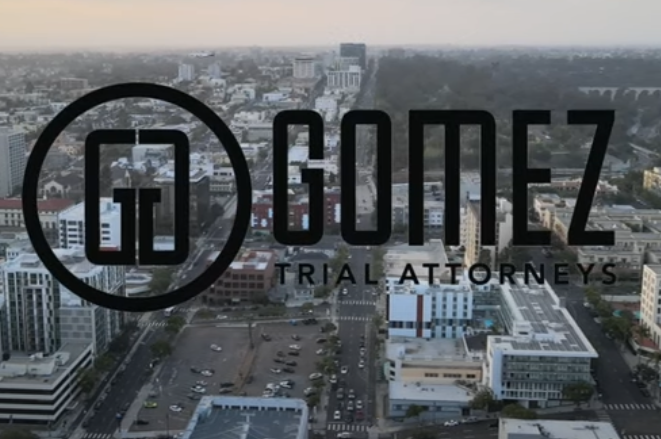
Pedestrians must look out for oncoming traffic whenever crossing the road. Collision with a vehicle can cause serious injury or death. It’s important to understand California’s unmarked crosswalk laws, so you know what you are entitled to if you find yourself in this unfortunate situation.
[lwptoc]
What Is an Unmarked Crosswalk in California?
An unmarked crosswalk is not specifically designated. It isn’t painted, and it does not have any lights or signs indicating that it is a crosswalk. An unmarked crosswalk is essentially any crosswalk at which there is not a “do not cross” sign posted.
These areas are particularly dangerous for pedestrians because drivers are less likely to be alert due to the lack of signage. Unfortunately, many drivers break traffic laws, often rolling through stop signs or speeding through yellow or red lights. When there is no clear indication that a pedestrian is legally permitted to cross the street, it creates a dangerous situation where drivers may not be as cautious as when there is a marked crosswalk.
What Should You Do at an Unmarked Crosswalk in California?
Any time you enter an unmarked crosswalk, you should take extra precaution. It is important to understand that drivers are probably not looking for pedestrians when driving through an unmarked crosswalk the way they would where there is proper signage and markings. Consider the following safety precautions when using an unmarked crosswalk:
- Always look both ways
- Never cross the road if oncoming traffic is speeding toward you
- Never assume that a vehicle is going to stop simply because you are in the unmarked crosswalk
- Cross quickly even though in an unmarked crosswalk, the right of way belongs to the pedestrian
Fault When Driver Hits Pedestrian at Unmarked Crosswalk
In California, pedestrians are legally protected when crossing the street in an unmarked crosswalk in most circumstances. Keep in mind that this does not relieve pedestrians of their duty to take care of their own safety. Even at a crosswalk, pedestrians should avoid leaving the curb suddenly and walking into the path of an oncoming vehicle that is close enough to be an immediate hazard.
When pedestrians enter unmarked crosswalks safely, vehicles must yield. If a pedestrian is hit by a car, it is likely the driver’s fault. In other words, the pedestrian has the right of way at an unmarked crosswalk.
Pure Comparative Negligence
In California, personal injury claims are governed by the law of pure comparative negligence. It states that victims can collect compensation even if they are partially at fault for the accident that caused their injuries.
If the court deems that a victim at fault, any monetary award the plaintiff receives will be reduced proportionately to their percentage of fault. For example, if the court awards the plaintiff $50,000 and determines that they are 40% at fault, the plaintiff will take home 60% of the award, or $30,000.
Even if a pedestrian is partially at fault for an accident that occurs at an unmarked crosswalk, California law allows monetary compensation recovery for damages suffered as a result.
Compensation You Can Recover
If you were injured in an accident at an unmarked crosswalk, you may be entitled to recover monetary damages in the form of economic and non-economic damages. Economic damages refer to the financial losses you suffered as a result of the accident that are easily quantified into a monetary value.
The most common examples of economic damages include medical expenses and lost wages. Non-economic damages are awarded for intangible losses a plaintiff suffers, such as pain and suffering and emotional distress. When it comes to marked crosswalks versus unmarked crosswalks, you should still be entitled to a similar amount of compensation.
Contact Gomez Trial Attorneys
If you were injured in an unmarked crosswalk accident, the experienced litigators at Gomez Trial Attorneys can help. We handle all types of personal injury claims and have won more than $750 million for our clients throughout our careers. Contact us today to schedule your free consultation by calling (619)-237-3490 or by contacting us online.







